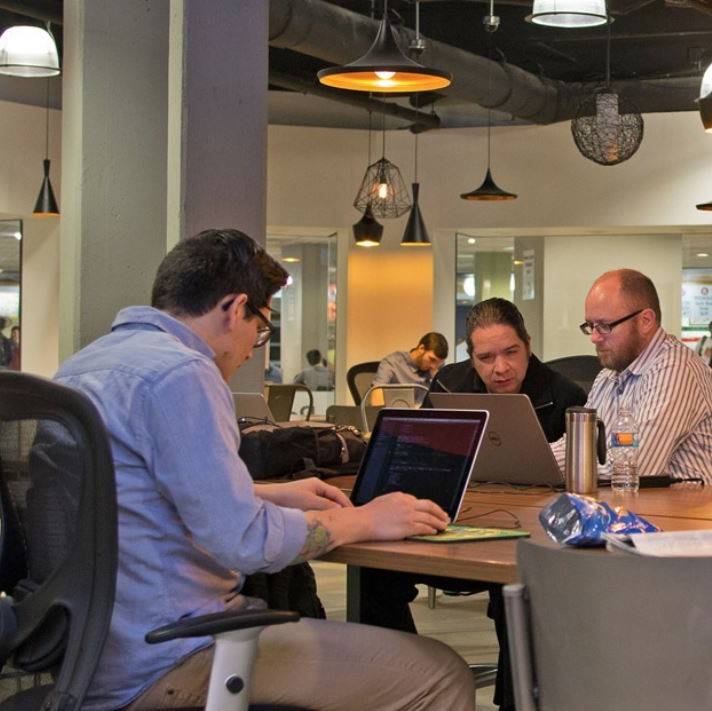January 12, 2023
Rising costs will oblige more companies to offer flexible working
 Two thirds of UK businesses believe offering flexible working to their employees is crucial if they are to successfully retain and attract talent, according to a new report. Businesses don’t believe they cannot compete on salary alone and are instead offering flexibility to stay competitive. Over half (52 percent) of businesses have increased salaries to attract talented workers, but say wages rises can’t continue at the rate they have been going. The second Future World of Work report from Sonovate is based on quantitative research from 4,000 people and 500 small and medium-sized business owners, as well as qualitative interviews with commentators from the future of work, employment and fintech sectors. (more…)
Two thirds of UK businesses believe offering flexible working to their employees is crucial if they are to successfully retain and attract talent, according to a new report. Businesses don’t believe they cannot compete on salary alone and are instead offering flexibility to stay competitive. Over half (52 percent) of businesses have increased salaries to attract talented workers, but say wages rises can’t continue at the rate they have been going. The second Future World of Work report from Sonovate is based on quantitative research from 4,000 people and 500 small and medium-sized business owners, as well as qualitative interviews with commentators from the future of work, employment and fintech sectors. (more…)



































December 6, 2022
Flexible working should be the norm for as many people as possibe
by Heejung Chung • Comment, Flexible working